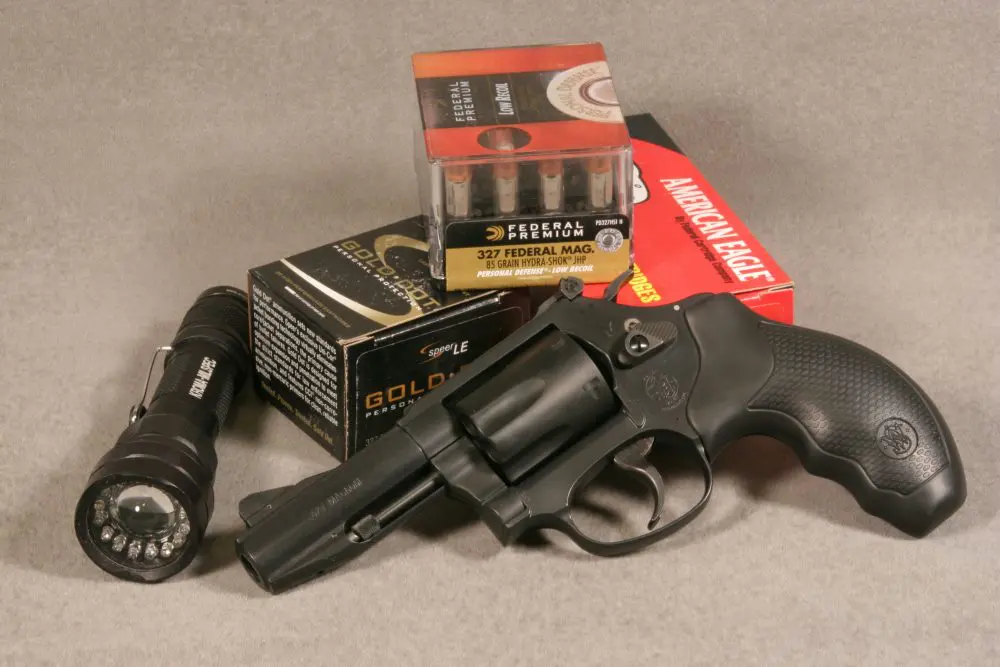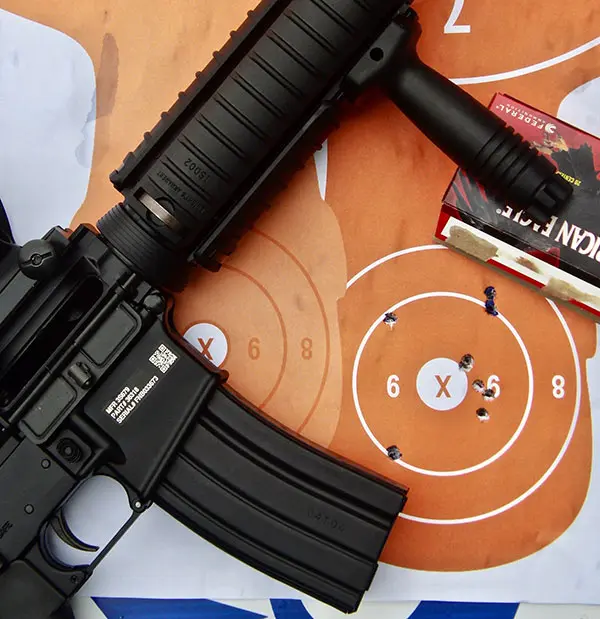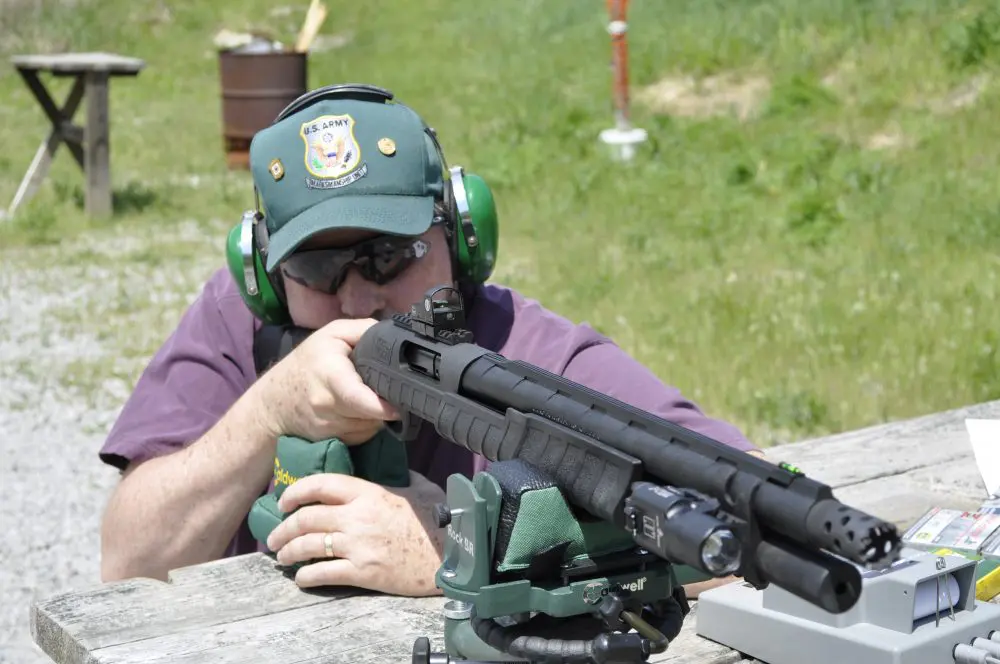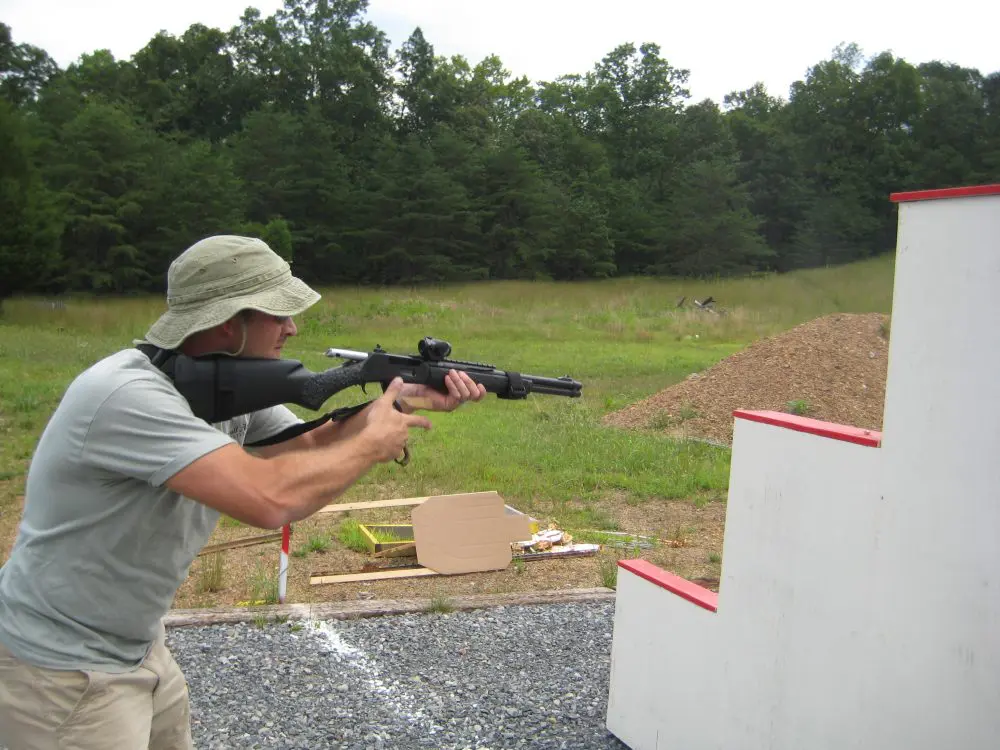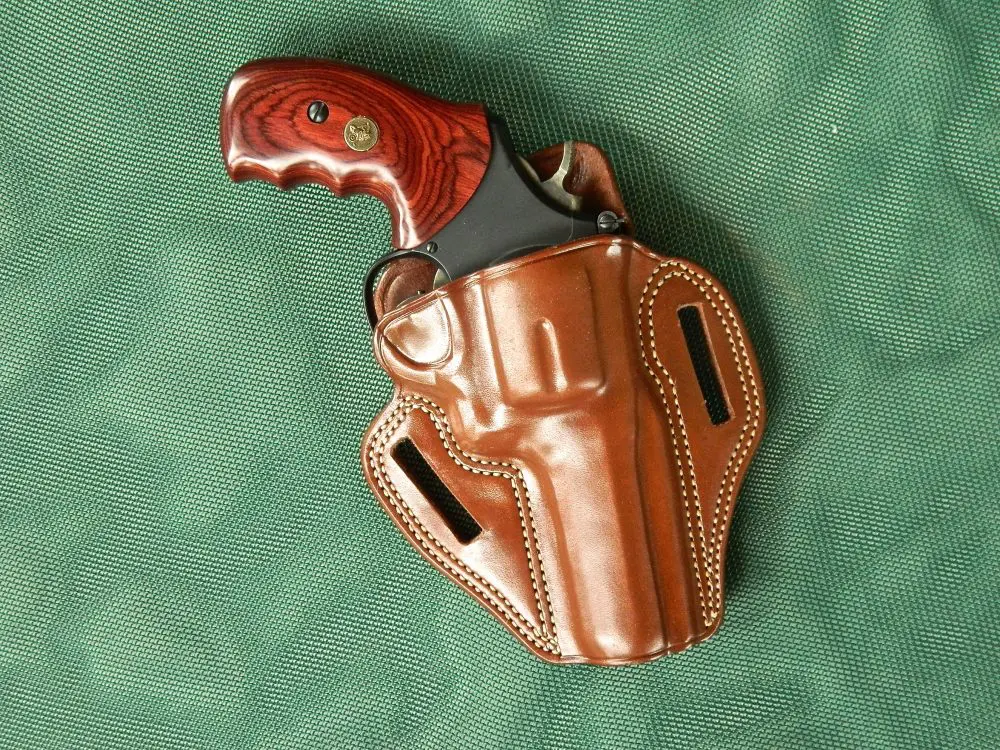In late February, in the face of the anti-gun frenzy sweeping the nation since the mass shooting at Marjory Stoneman Douglas High School in Parkland, Florida, President Trump called a White House meeting with lawmakers from both major political parties and both chambers of Congress to discuss measures to stop such senseless atrocities.
In this nationally televised meeting, during a discussion about the many red flags that should have served as advance warning of the shooter’s intentions, Trump startlingly advocated that the government “Take the guns first, go through due process second.”
This was not Senator Dianne Feinstein (D-CA) talking, or Senator Chuck Schumer, or former Secretary of State Hillary Clinton. In fact, even with their long history of advocacy for restrictive gun laws and, even as much as they might secretly favor this particular abomination, it is hard to imagine any of them saying something like that, because of the political firestorm of backlash that would ensue.
No, the only government official to voice such thoughts—on national television, no less—and with enough (at least for now) supposed “pro-gun” street cred to get away with it, is Trump, who won the 2016 Presidential election against Clinton with the help of $30 million from the NRA.
Many in the gun rights advocacy community would undoubtedly even now argue that this was money well spent—that the gun owners’ nightmare of a Hillary Clinton Presidency, especially during this time of rampant anti-gun hysteria stemming from the recent frequency of devastating mass shootings, was something that needed to be prevented by whatever means necessary.
And it is impossible to deny that as toxic as the current political climate is for private gun ownership, it would be considerably more so under a second President Clinton.
But for a President to openly advocate gun confiscation without due process should ring alarm bells for all of us. Protecting the people’s means of stopping that kind of tyranny is what the Second Amendment was written for in the first place.
And it is “without due process,” because “due process second” is no due process at all. The very meaning of due process is subverted if the government can suddenly deny Constitutionally guaranteed, fundamental human rights before proving the legitimacy of that denial. With apologies to Dr. Martin Luther King, Jr., due process delayed is due process denied.
Trump is demanding the kind of power one would expect of a banana republic dictator and, although he probably believes it is for the good of the nation, that’s what all banana republic dictators believe.
And while we’re being honest, is it really so startling that Trump would voice his belief in such a policy? Yes, he campaigned as a champion of gun rights, but his history is more than a little checkered in that regard. He once even advocated banning so-called “assault weapons.”
And now, he has ordered the Justice Department to ban bump-fire stocks—and to do so administratively, because there is no law against them. Even the Bureau of Alcohol, Tobacco, Firearms, and Explosives—historically not very shy about making “rules” that in reality have the power of laws that have gone through the entire legislative process—has stated that it lacks the authority to do this. But no, Trump wants to bestow upon the BATFE the power to effectively make up new laws out of whole cloth.
Trump also in late March signed a spending bill into law that supposedly “improves” the National Instant Criminal Background Check System (NICS), by requiring the states to submit more information about private citizens to the system. The spending bill also authorizes the Centers for Disease Control to use taxpayers’ hard-earned money to conduct “research” that has historically been agenda-driven, to reach a predetermined anti-gun outcome and used to justify more restrictive gun laws.
Trump claimed not to be happy about signing the bill (although the anti-gun measures were not among his stated objections), but he signed it anyway, largely because it authorized vastly increased military spending.
Yes, our NRA-supported President has just handed the gun-ban zealots two legislative victories, but it was worth it to him, because it means far more money for the military. In other words, more firepower for the government and less for the people.
The takeaway from this is simple. The future of private gun ownership in this country cannot be entrusted to government officials. Not any of them. If we are to keep our guns, it is continually looking more and more likely that we will have to do so in defiance of the government, no matter who is in power.
And if we do not have the courage and will to do that, the Second Amendment was wasted on us, anyway.
A former paratrooper, Kurt Hofmann was paralyzed in a car accident in 2002. The helplessness inherent to confinement to a wheelchair prompted him to explore armed self-defense, only to discover that Illinois denied that right. This inspired him to become active in gun rights advocacy.

